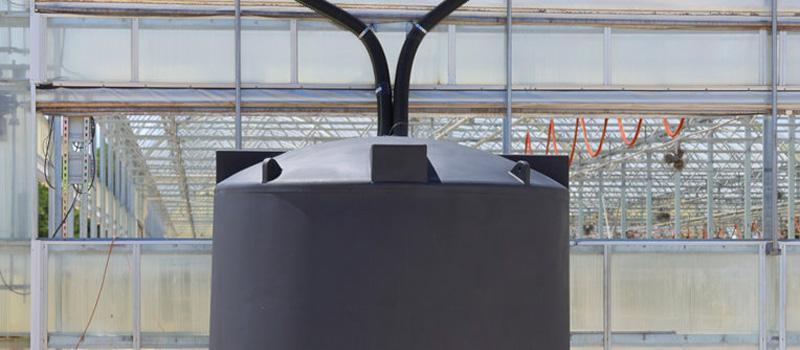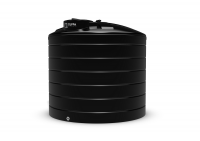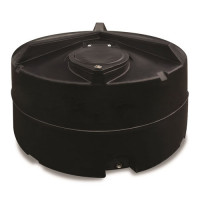There are many reasons why you might be looking to store drinking water. For example, you may want to store drinking water at home if there is a planned interruption to your water supply. Alternatively, it is common practice for many event organisers to store drinking water for events such as festivals, parties and meet ups.
Whatever the reason, storing drinking water is perfectly safe provided you have taken the correct steps to do so. In this guide, we'll be taking a closer look at how you safely store drinking water.
How to store drinking water for a public event
How to store drinking water at home
How long can I store water for?
General advice for safely storing drinking water
Browse one of the largest selections of water tanks in UK
How to store drinking water for a public event
Festival and event organisers who run licenced premises in England or Wales have a legal obligation to provide free potable water to their customers. In Scotland, a law states similar but refers to “tap water” rather than potable water.
The British Standards set some guidelines for festival organisers to follow. They state that drinking should be provided from a mains supply where possible. If not, an alternative quality water supply should be used. British Standards also require that all water dispensing equipment should be cleaned and cared for. As well, as an acceptable amount of drinking water points being made available.
Having access to mains water isn't always possible, particularly for large-scale events in rural locations. For that reason, event organisers may turn to potable water storage tanks as a solution.
The regulations that apply to storage tanks are specified under the Water Supply (Water Fittings) Regulations 1999. These regulations state that:
- Water tanks must be watertight to prevent contamination and bacterial growth such as Legionella
- Potable water tanks should not be made of metal as this increases the risk of rust which can contaminate the water
- Tank lids or covers should provided to prevent insects, animals and other contaminants from entering.
- The tank should also keep water away from direct light and sources of heat to keep the water at a temperature of around 20°C
- Tanks that can store 1,000+ litres should be constructed to allow inspection and cleaning without having to fully uncover them
- The tank must be fitted with vents and overflow connections
- If you have multiple water tanks, it is recommended that they be connected to prevent stagnation
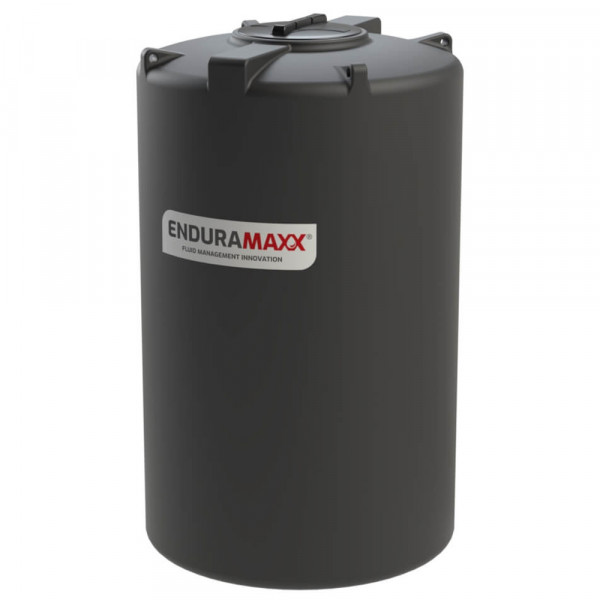
Our range of potable water tanks such as the Enduramaxx 2000-Litre Vertical Potable Water Tank are ideal for supplying water at events and festivals
At Kingfisher Direct, we supply a range of potable water tanks that are suitable for storing, supplying and transporting various quantities of potable water for events and festivals. All our potable water tanks conform to WRAS (Water Regulations Advisory Scheme) Potable Water Standards and Regulations for the safe storage of drinking water.
How to store drinking water at home
Some older properties in the UK may have cold water storage in the loft which may be used to store cold water for some time. In many cases, this water storage tank will provide cold water to bathrooms upstairs in the property. For this reason, the condition of the tank must be regularly inspected to ensure that the water remains safe to drink.
If you rely on this type of system for your water, it should meet the criteria above. There are some other factors that you should consider:
- Water tanks used in domestic properties should be correctly sized (for example, 250 litres is usually sufficient for most homes)
- For homeowners, it is recommended that annual safety checks are carried out by a WaterSafe registered plumber
- If you are renting your property, then your landlord is responsible for organising the relevant safety checks
Specific requirements for landlords
The rules and requirements for landlords that rent a property with a water tank are specified under BS EN 806-5:2012. Under this standard, specific requirements are laid out which cover the operation and maintenance of water tanks inside buildings as well as those external to the property.
These specifications also provide additional guidance on best practices that should be followed when carrying out water quality checks.
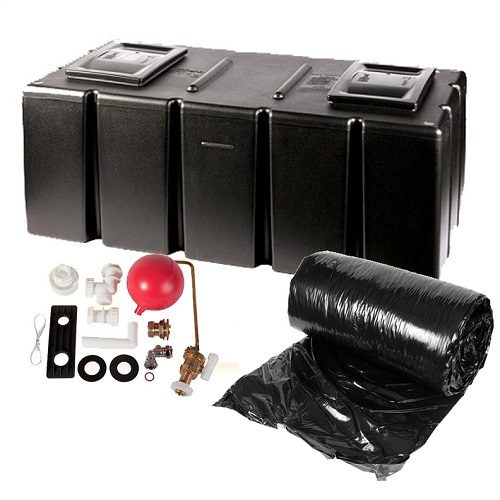
Our 227-Litres Water Loft Tank is ideal for use in homes and can be placed in lofts and attics for access to cold water.
We stock a range of cold water storage tanks including square loft tanks, rectangular loft tanks, circular loft tanks, coffin loft tanks and header tanks that have been designed specifically for lofts and attics. These tanks come complete with all necessary fittings and parts and are manufactured to the highest quality standards all certified under the ISO 9001/2015 quality system, WRAS and the British Standard BS4213/2004.
For the temporary storage and transportation of drinking water, we also stock a range of smaller potable water tanks in sizes ranging from 5 litres to 1,250 litres.
How long can I store water for?
If you are filling potable water tanks with water to store, it is recommended that you replace the water every 6 months as a minimum.
Public-supply water does have some levels of dissolved chlorine in it which helps to keep viruses and bacteria at bay. However, it is always best to replenish the water as frequently as possible to reduce the likelihood of it becoming stagnant which can pose serious health risks.
General advice for safely storing drinking water
Keep your storage container on stable ground
First, you need to ensure that the ground you are using can withstand the weight of the container or tank you are using. The weight will vary depending on the size you get. For homes, this is usually around 250 litres. If you are storing water for an event or festival on outside ground, the tank can be much larger, providing the ground can support it.
When choosing the correct potable water tank, take into consideration both the weight and the footprint of your storage method and be sure to check that the ground will not give way under such a load.
Correctly source the water
Once you have established that you’ve got some solid ground for your water storage, you need to think about where you are getting your water from. For large-scale events, the water should be obtained from an authorised provider to ensure the safety of all attendees.
Carry out regular inspections and maintenance on the water tank
This leads to our next point nicely, maintenance of the storage tank. If the storage tank you use is not maintained correctly, the water might become contaminated. Below you will find steps to look after your water tanks:
- Before using, ensure your water storage is in mint condition
- Clean the outside only (you need a professional to clean the inside) using soapy water to wipe down the exterior
- Frequently flush or empty water tanks that are used to store water over long periods
- For short-term storage, it is recommended that the water is tested every 24 hours. For homes and commercial properties using a cold water storage tank, annual checks are sufficient providing the tank has been installed correctly.
Protect the water tanks from outdoor elements
When storing water outside, it is important that the water storage tank is protected from direct sunlight to keep the water at less than 20 degrees. Checking the water tanks regularly, especially on hot days, will ensure a nice water temperature.
For homes, cold water storage tanks must be protected using an insulation jacket to prevent damage caused by frost and freezing temperatures. Failure to do so can result in cracks and damage to tanks, affecting the integrity and putting it at risk of contaminants entering the system.
Browse one of the largest selections of water tanks in UK
With our range of WRAS-approved potable water tanks, you can be confident in the safe storage of your drinking water. We stock a range of sizes from 5 litres to 25,000 litres making them suitable for a variety of domestic, commercial, and industrial applications.
For further information on our range of potable water tanks, please contact our sales team on 01777 858009 or email sales@kingfisherdirect.co.uk.
